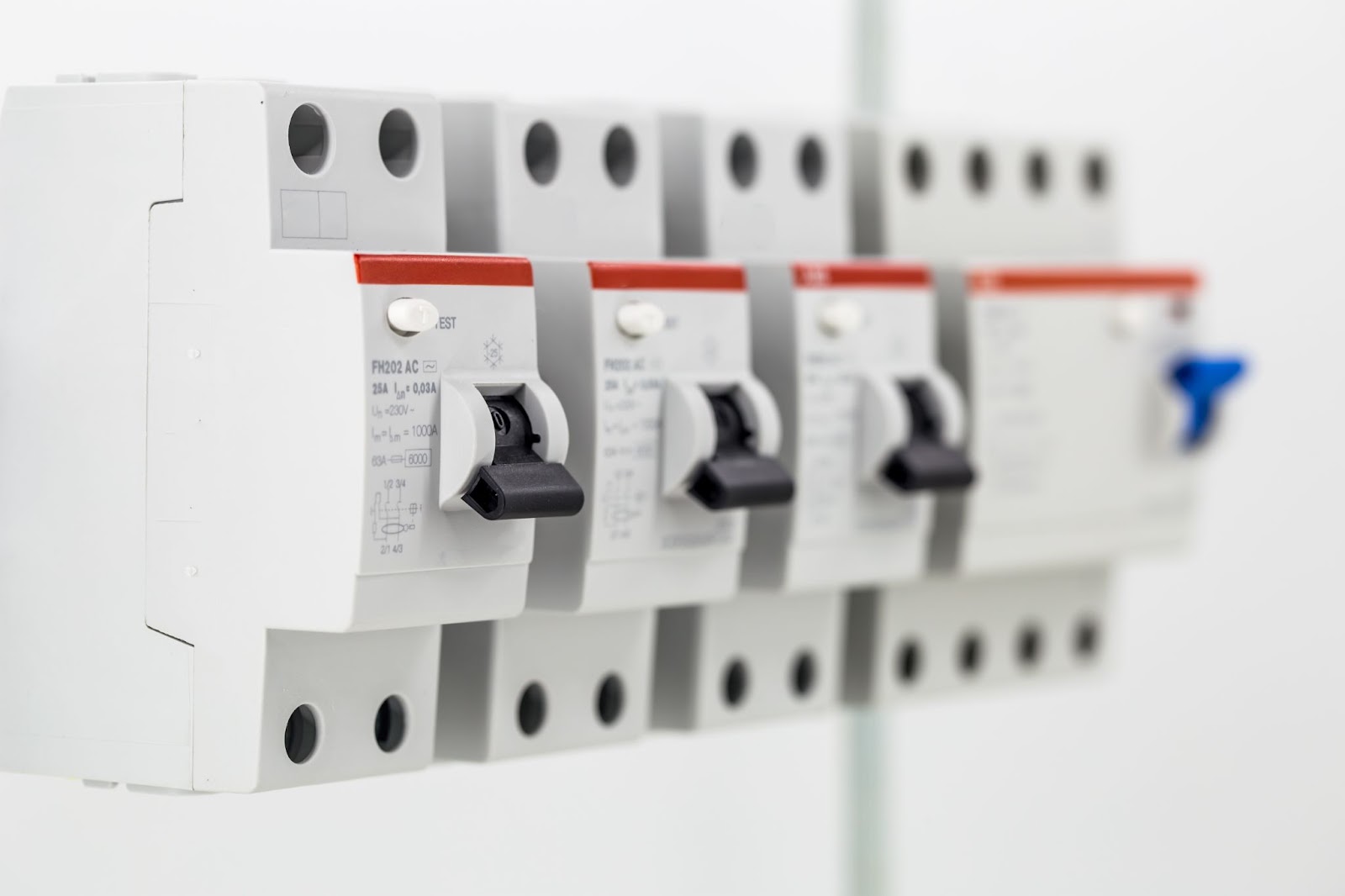Power plant automation is the process of controlling and monitoring the operations of a power plant from a central control room. This type of automation requires specialized coding skills in order to ensure that the automation systems are functioning as intended. Coding homework for power plant automation can be a great way for students to gain experience working with automation systems and to further their knowledge of programming languages.
The most important part of coding homework help for power plant automation is to ensure that the code is robust and secure. As such, students should strive to write code that is accurate, efficient, and reliable. Additionally, coding should be written in a way that allows for easy debugging and troubleshooting in the event of an issue.
When writing code for power plant automation, students should be sure to take into account the hardware and software components of the system. This includes understanding the communication protocols and other system requirements. Additionally, students should be familiar with the various programming languages and libraries that are used to deploy the code.
In order to properly complete coding assignments for power plant automation, students should be familiar with the technologies used in the system. This includes understanding the hardware components of the system, such as the various sensors, actuators, and controllers. Additionally, students should understand the software components of the system, such as the operating system, programming language, development libraries, and other necessary software.
Benefits of Coding for Power Plant Efficiency
As the world becomes increasingly reliant on power plants for electricity and other energy sources, the need for efficient coding for these systems has become more apparent. By utilizing coding techniques, power plants can save time and money, increase efficiency, and reduce errors.
Coding can be used to automate many of the tasks involved in running a power plant. This can save time and money by eliminating the need to manually program and control the plant, which can be a time-consuming and expensive process. Automation can also help reduce errors, as coding can be used to implement safety protocols and reduce the risk of human error.
Coding can also be used to optimize the performance of the power plant. By utilizing coding techniques, plants can be programmed to run at peak efficiency and reduce energy consumption to a minimum. This can help lower operational costs and increase profits. Furthermore, coding can be used to make the plant more efficient by increasing the accuracy of its processes and by reducing the need for manual intervention.
Automation of Power Plant Operations With Programming
The automation of power plant operations with programming is a trend that is growing in popularity. As the technology and capabilities of computers continue to increase, more and more power plants are finding that programming can help them achieve more efficient, reliable, and cost-effective operations. With the help of computers, power plants can quickly and accurately monitor, analyze, and adjust their operations in order to maximize their efficiency.
Programming has become an important tool for power plants to manage their operations. By using programming, power plants are able to track and monitor their operations in real-time. This allows them to quickly and accurately identify any problems or inefficiencies in their processes. They can then take the necessary steps to address these issues. This can result in significant savings in both time and money.
Furthermore, programming can help power plants to optimize their operations. By using programming, power plants can create algorithms that can accurately predict the outcomes of certain operations. This can allow them to adjust their operations in order to achieve the best results. Additionally, programming can help power plants to identify areas of improvement in their operations and develop strategies to address those issues.

Impact of Programming on Power Plant Performance
The power generation industry has been revolutionized by the introduction of programming technology. Automation and programming have become integral components of power plant operations, allowing engineers to monitor and control every aspect of the production process. But the impact of programming on power plant performance goes beyond just efficiency.
The use of programming technology has enabled power plants to operate more efficiently, resulting in lower costs and improved performance. By automating processes, such as equipment diagnostics, power plants are able to identify problems before they lead to costly downtime. Automation also allows for faster response times, resulting in improved customer service and better customer satisfaction.
Programming technology has also allowed power plants to increase their reliability. Automation can detect problems with equipment and alert engineers to take appropriate action. This helps reduce downtime, resulting in improved reliability and fewer customer complaints.








